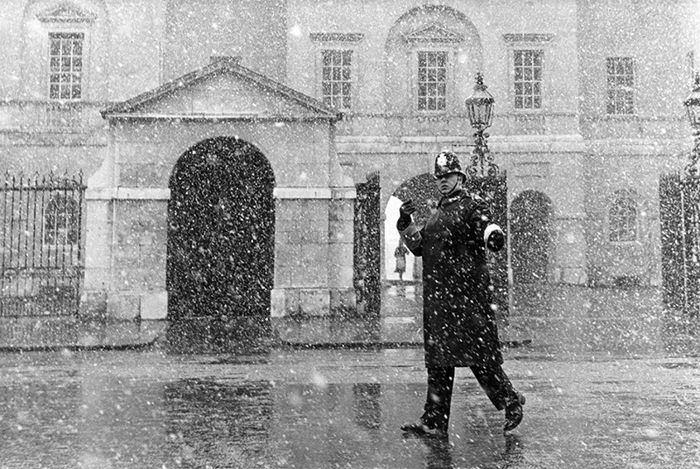21 July 2019 (Chania, Crete) – This summer I have returned to Crete to continue an ongoing project my wife and I started a number of years ago: work with a sea turtle research and conservation organization based in Chania which is on a mission to protect endangered sea turtles and their natural habitats. They offer a very unique learning experience to the volunteers who join their efforts, and promote public awareness. To achieve their goals, they operate a science-based research and conservation project on the island, in collaboration with local and national authorities. My wife and I volunteer as well as provide funding for their research efforts, and we sponsor two oceanography students who will spend part of the summer here.
But it is also my time to catch up on my science reading – that being a stack of unread Nature magazines plus about 1 GB of articles I have downloaded the past year. This summer I have eschewed AI and computer systems and turned to climate eschatology, that a warming Earth will radically change life as we know it, we can’t change it, so let’s just face the adjustments we’ll need to make because we are doomed. Yes, a pessimistic view but I am also re-reading the work of Rachel Carson (there is a monster of a new compendium out with all her writings) and while everybody knows Silent Spring it’s her books and articles about the sea … exploring the whole of ocean life from the shores to the depths … that deserve more attention. She was incredibly prescient about what was happening to the seas due to exploitation, and even more so about what she perceived was the growing “government assault on science and nature”.
Yes, that 1GB download is a wee bit ambitious so I am just scanning the index to find climate related material, some of which I’d like to share. I think the following will at least peak the interest of my UK readers:
Scientists have identified biased data in an iconic meteorological record, and are now challenging conclusions about long-term precipitation trends in England, Wales and possibly other regions. The England and Wales Precipitation (EWP) series is a continuous monthly record of British snow and rainfall, stretching back to 1766. For decades, climate scientists have used this record — one of the longest-running available — to examine precipitation and atmospheric-circulation patterns in northwest Europe.
Conor Murphy at Maynooth University, Ireland, and his colleagues drew on independent data, including long-term measurements of British snowfall, to reconstruct the record’s early portion. Their reconstruction showed that the EWP underestimated winter precipitation before 1870, whereas summer rainfall was overestimated before 1820. As a result, the widely accepted conclusion that winters have become wetter and summers dryer since 1766 appears to be an artefact.
Their conclusion? That “scientists should exercise caution in using early EWP data and when drawing conclusions from other multicentury precipitation datasets”. It is one of a series of articles I have read about scientists who have gone back to look at legacy datasets (with new analytical tools and access to new independent data) and found those legacy datasets in error.
If you want to get in the weeds, here is the full article as it appeared in the International Journal of Climatology (click here).
